
This article is about the facts of maize farming in Nigeria, if you are interested in a detailed guide on how to start maize farming in Nigeria, you should check out Maize Farming in Nigeria: How to Get Started.
Maize farming is a very popular form of crop cultivation in Nigeria. It is an essential diet and is consumed by a good number of families and homes. An average Nigerian consumes maize or its derivatives at least once every day. Maize farming in Nigeria is practiced across the country in small, medium, or large scale capacities. It serves as a significant source of income for many households that are into farming in Nigeria.
Although there are about 50 species of maize in the world, available in different colours, grain shapes, and sizes, the popular cereal is mainly available for cultivation and consumption in two variants – white and yellow maize. The yellow maize is mostly used for feed and human consumption, while white maize is for human consumption only (FAO 2013).
You can read this blog post to learn about how to start maize farming in Nigeria, from finding suitable land and soil type, to planting and harvest.
Here are some amazing facts about maize farming in Nigeria:
Facts About Maize Farming in Nigeria
- Nigeria is the largest producer of maize.
- 60% OF MAIZE PRODUCED IN NIGERIA USED FOR POULTRY FEED.
- MAIZE IS THE MOST CONSUMED STAPLE FOOD IN NIGERIA.
- THE MAIZE FARMING SECTOR ACCOUNTS FOR ABOUT 5% OF THE COUNTRY’S GDP.

Nigeria is the Largest Producer of Maize in Africa.
In 2018, Africa produced around 75 million tons of Maize, accounting for 7.5 percent of global maize production. Maize accounts for approximately 24 percent of farmland in Africa, with an average yield of around 2 tons/hectare/year. Nigeria is the largest African producer, with over 33 million tons, followed by South Africa, Egypt, and Ethiopia.
According to the data collected from the United States Department of Agriculture (USDA), Nigeria now produces ten times more Maize per year than it did when it gained independence in 1960.
Nigeria’s production increased from 10.1 million tons in 2014 to 10.6 million tons in 2015 and 11.6 million tons in 2016. In 2017, the figure was 10.4 mm, but it increased to 11.0 mm in 2018, a figure that has been maintained in 2019.
60% of Maize Produced in Nigeria Used for Poultry Feed
According to a recent report, about sixty percent of the maize produced in Nigeria is used to manufacture poultry feeds. Maize is reported to be responsible for 50-70% of feeds for poultry farming in Nigeria, this was disclosed in a statement by the chairman of the Poultry Association of Nigeria (PAN) in 2020. The association also attributed the high cost of egg and other poultry products in the country recently to an increase in the price of maize.
Beverage companies utilize another twenty-five percent. In comparison, about 15% percent is consumed locally in homes.

Maize is the Most Consumed Staple Food in Nigeria
Maize is an important staple food in Africa, and in Nigeria, aside from being consumed locally in roasted or boiled form, it is also consumed in other processed forms such as cornflakes, custard, pap (ogi), golden morn, and more.
An IITA Nigeria Food Consumption and Nutrition Survey conducted in 2003 showed maize is the most consumed staple food in households at about 20%, followed by cassava – 16.5%, rice – 11.9%, and cowpea grain – 11.8%.
The survey also revealed that maize and its derivatives are consumed over four times a week, almost every day, which shows that it is a preferred staple food among households due to its availability and affordability.
The Maize Farming Sector Accounts for about 5% of the Country’s GDP.
Nigeria’s agricultural sector accounts for a sizable portion of the country’s GDP. Agriculture contributed 22.35 percent of total GDP between January and March 2021, increasing nearly one percentage point over the same period in 2020. Maize alone accounts for 5.88 percent of Nigeria’s agricultural GDP.
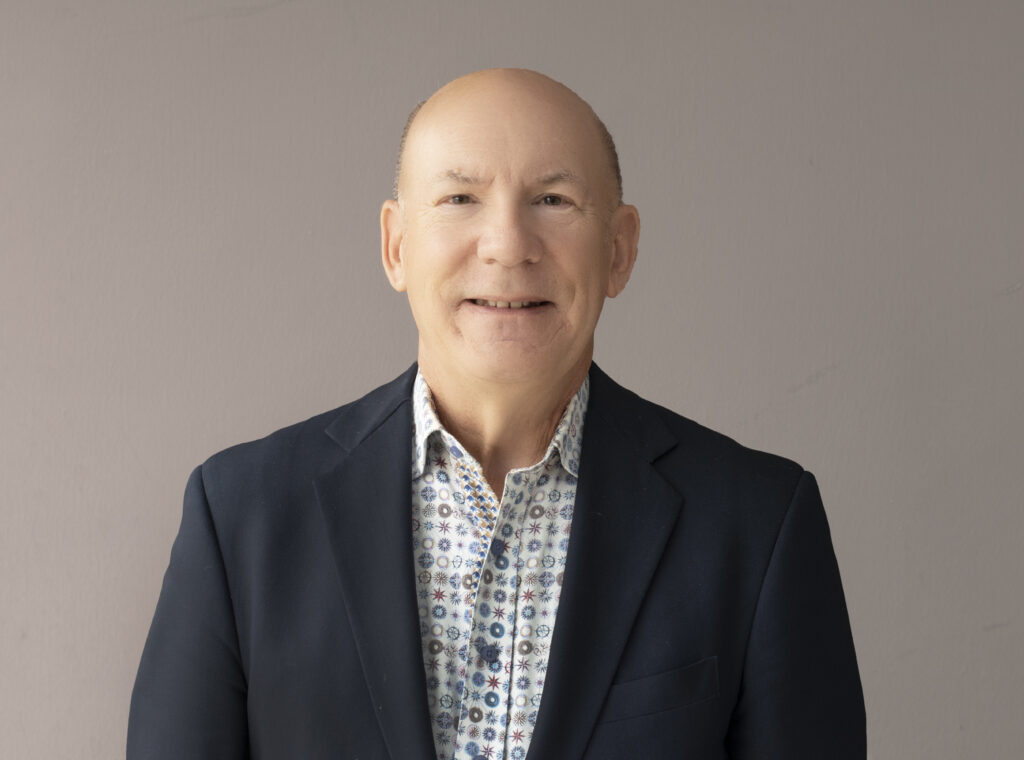
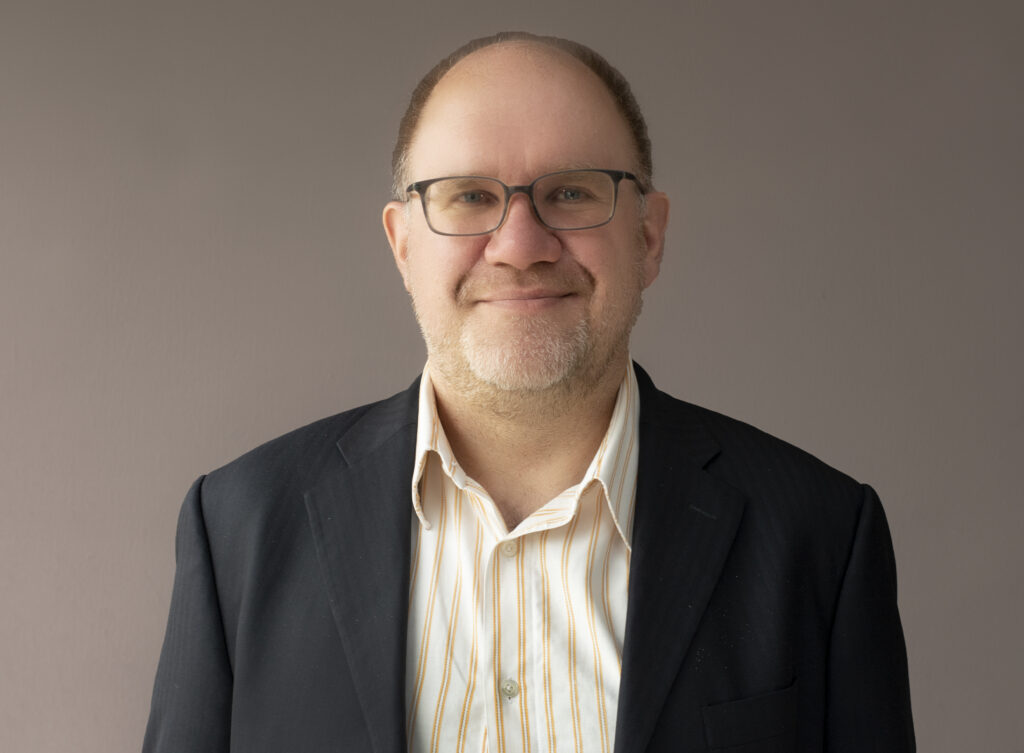
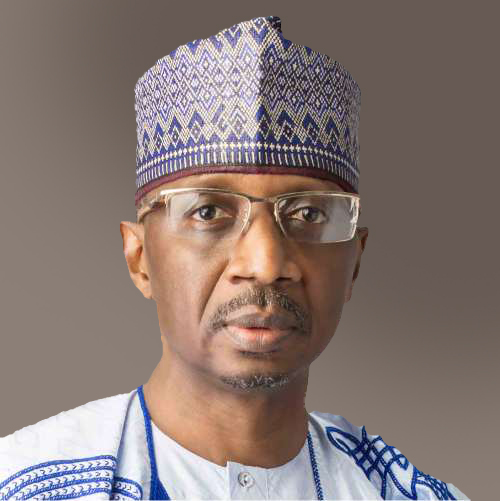
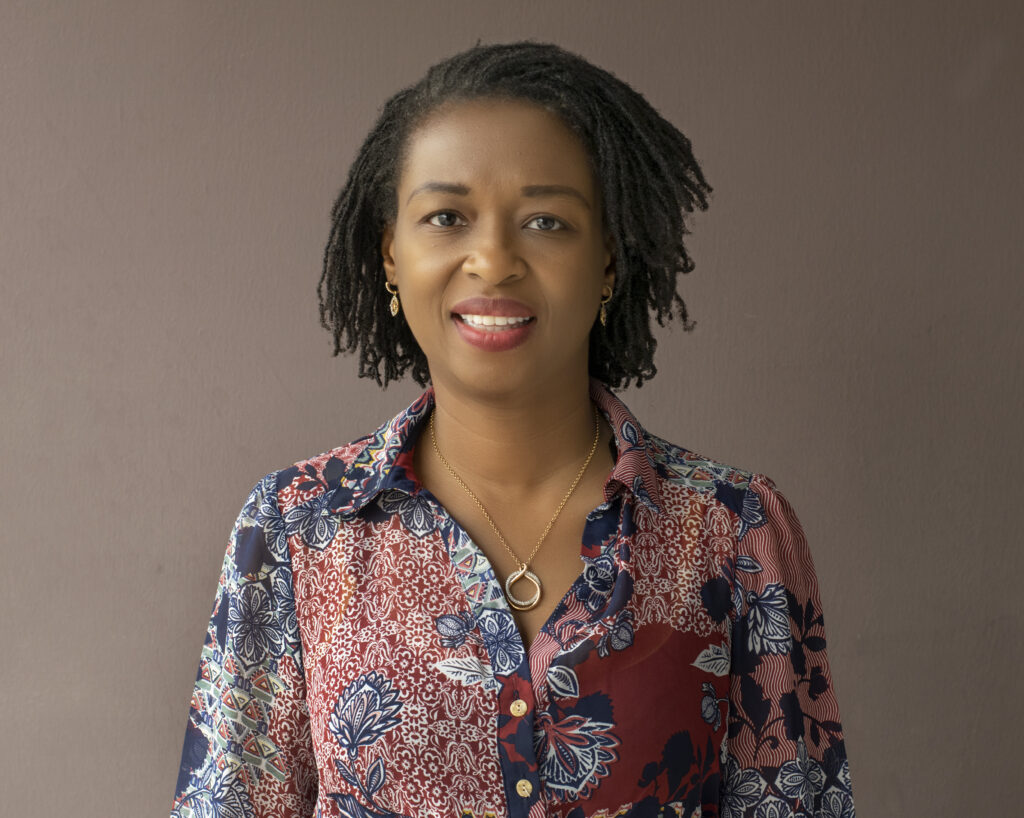
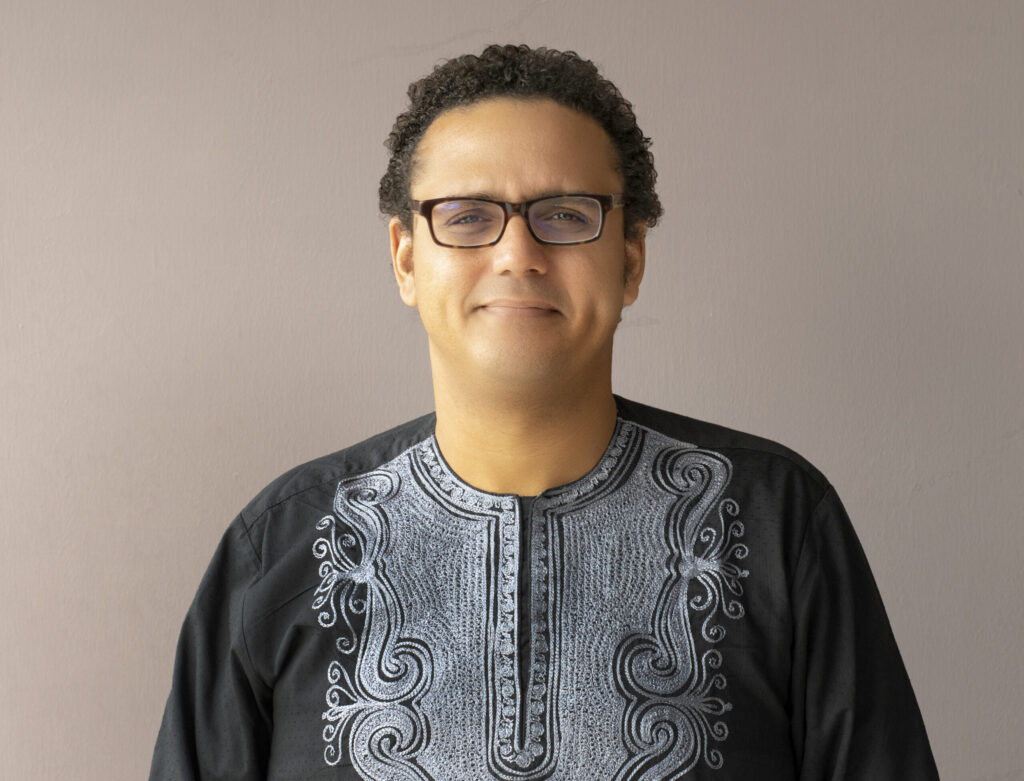
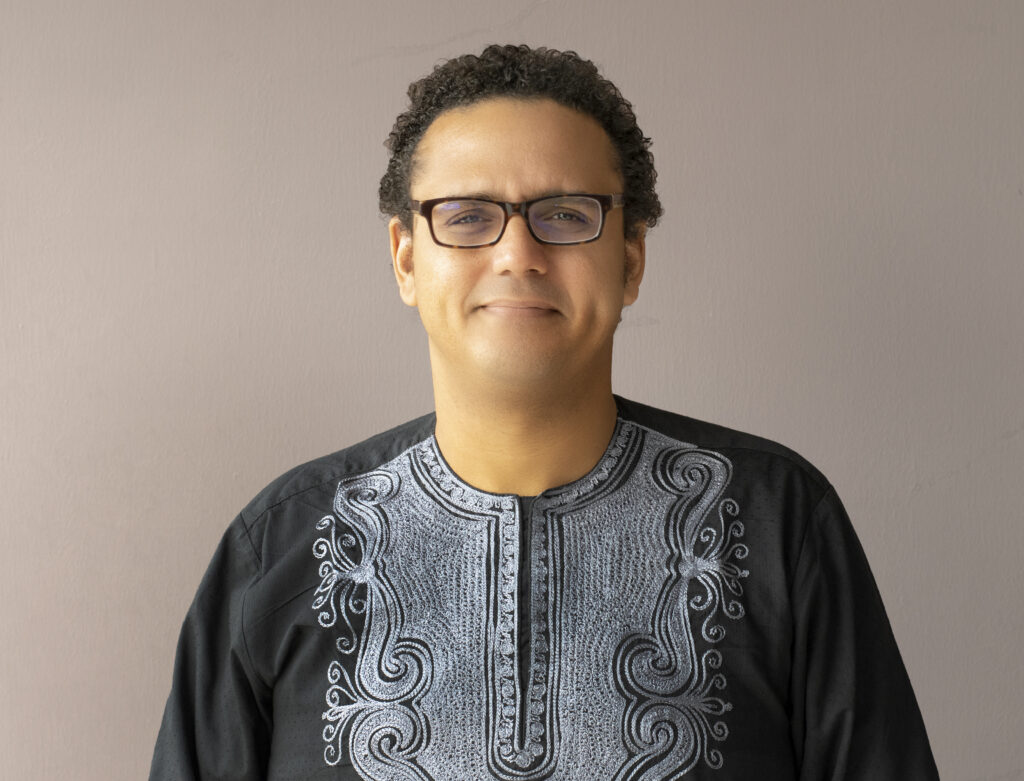
We have more than 20 ways of processing Maize to become a table food both for human consumption, Animals and ? Freshes.
Right from the growth the leaves can be used as a feed to animals.
Pls mention 20
Very interested in purchasing maize in tonnes from you. Thanks
how many bags of maize can be produced on one acre of land
Please, can I get the total market production for maize in Osun State for 2019, 2020, 2021 and 2022 with the price per ton for the same number of years.